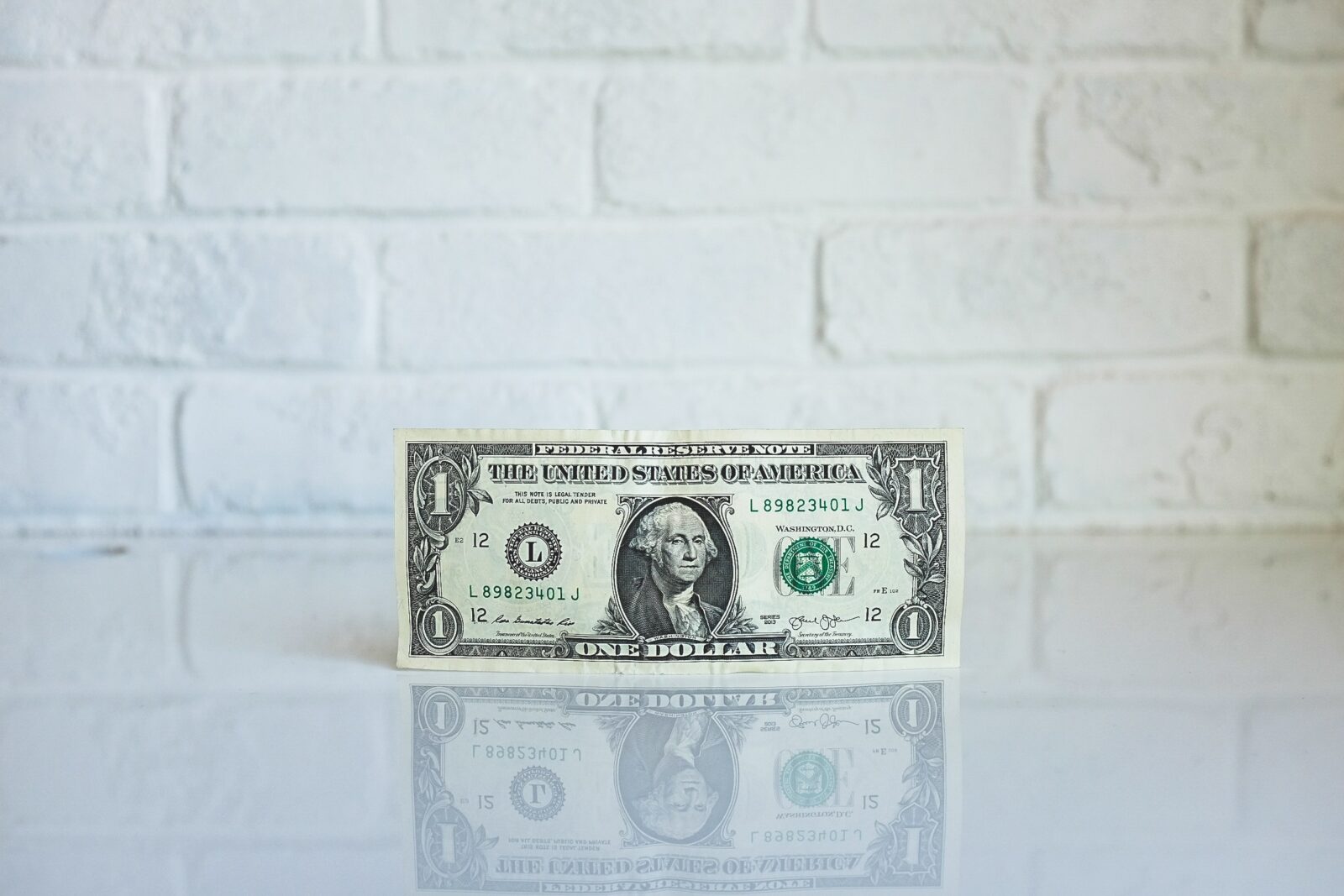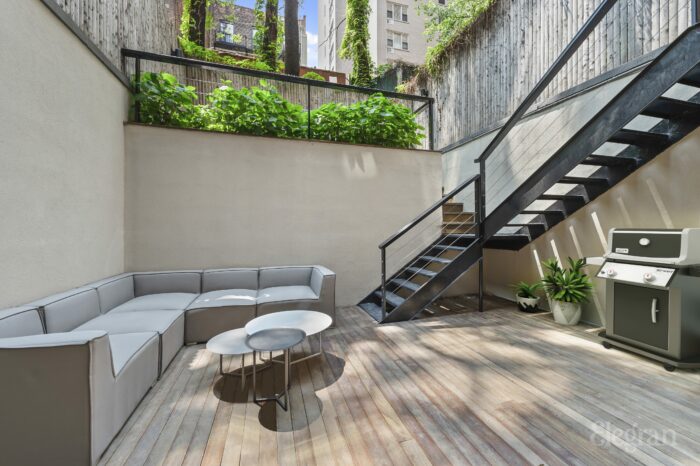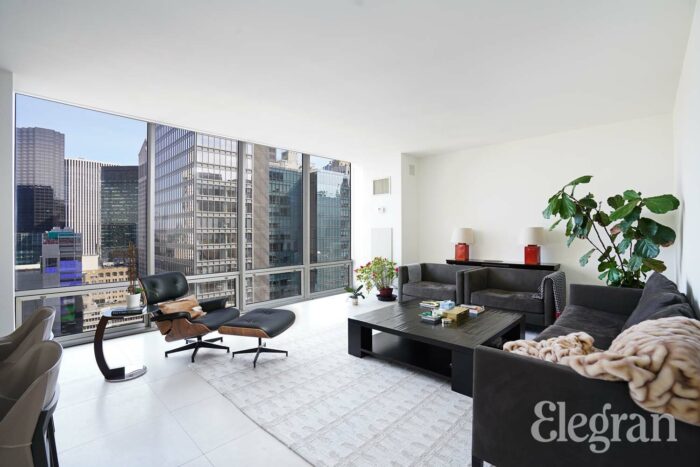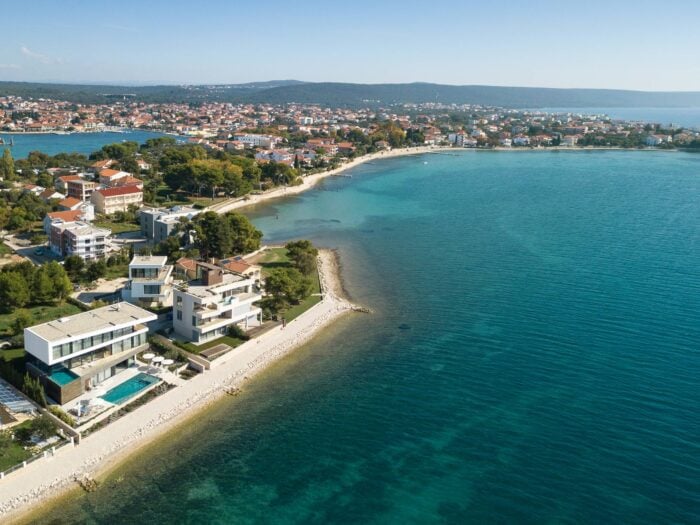Since January of this year, our local real estate market, always a bellwether of sentiment about the city, has caught fire. In every price category, supply dwindled and sales and rental absorption rates quickened greatly. The market is hot, populated primarily by New Yorkers recommitting to their city as it begins to open once again. But it remains a delicate moment. The equilibrium so dearly won through caution and sacrifice exhibited by so many in our local population can easily fall into imbalance again.
During 2020, as New York City shut down and its many artistic and recreational pleasures were suspended, much of the city’s affluent population left town. For most, a retreat to country homes in the Hamptons or the Hudson Valley was intended to be temporary. However, as the months wore on, a considerable number of these rich refugees discovered pleasures in living outside the city, especially with remote work increasingly possible. They began to contemplate making these moves more permanent. At the same time, the appeal of Miami as both a tax haven and a vibrant and lively city with a pleasant winter climate lured wealthier New Yorkers south. Between fear of proximity during the pandemic and discontent with a perceived onerous tax burden, New York lost population among its top-earning 5 percent in 2020.
Last week, the New York State Legislature came out with a proposed budget of $208.3 billion, a 22.5 percent increase over the previous year. Released only days after the Federal COVID relief bill showered billions upon New York State, including $12.5 billion for the state coffers and over $6 billion for the MTA, the budget feels more political than practical. In particular, it showcases the increased influence of the ultra-left wing of the Democratic Party by imposing approximately $7 billion of additional taxes on wealthier New Yorkers through a variety of levies on income, real estate, and capital gains.
$7 billion in new taxes spells disaster for our city’s economy. With the enormous generosity of the Federal government clearly on offer, why expand the city’s budget so much this year through measures which seem designed to drive wealthier New Yorkers to decamp to lower-tax states?
The city has arrived at a dangerous crossroads: under the guise of ameliorating the shockingly unequal impact of the pandemic, political expediency suggests that the wealthy be far more aggressively taxed to aid the less affluent populations which have been disproportionately harmed by COVID-19 both as elderly victims and as essential workers. Clearly, some additional contribution from the super-rich, especially those with annual incomes in excess of $5 million or $10 million, seems appropriate. A number of the other proposals, however, feel more punitive than practical.
Americans nationwide have learned during the last year that many jobs can be done from anywhere. As one ascends the economic scale, the flexibility that white-collar and executive workers have only increases. The danger New York faces is that of the tipping point. Is the moral righteousness of compelling the rich to pay such a large assortment of higher taxes an adequate reason to drive more and more of them to Florida and other lower-tax states, thus depriving the city of their revenues at this critical time? Many in New York’s wealthy population are good citizens who will not blanch at assuming some greater burden of financial responsibility. But let’s not push our luck too far. Demonize any group too much, politically or economically, and they will make other plans. We will ALL be the poorer if that takes place.









